1791
France declares itself a republic.
France declares itself a republic.
Covent Garden reopens after renovations to extend its capacity.
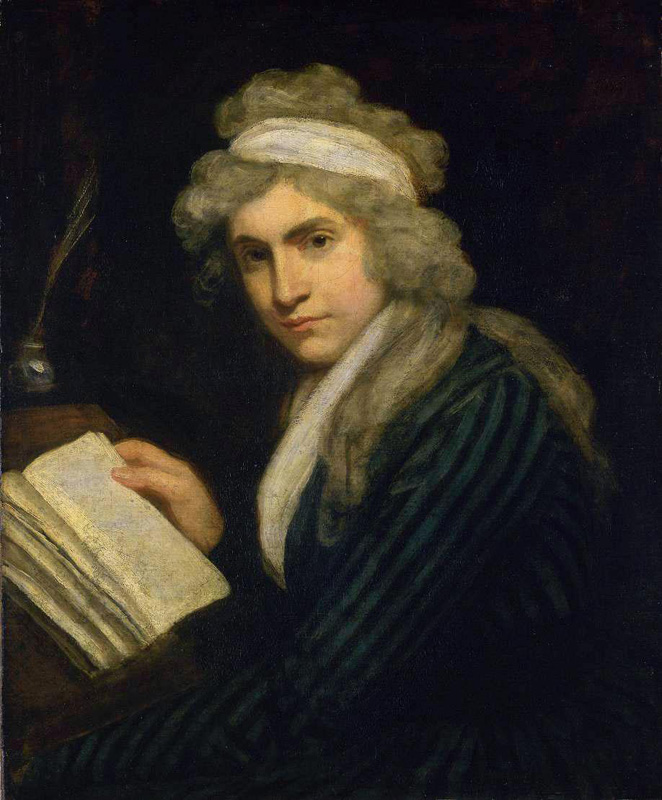
Mary Wollstonecraft writes A Vindication of the Rights of Women.
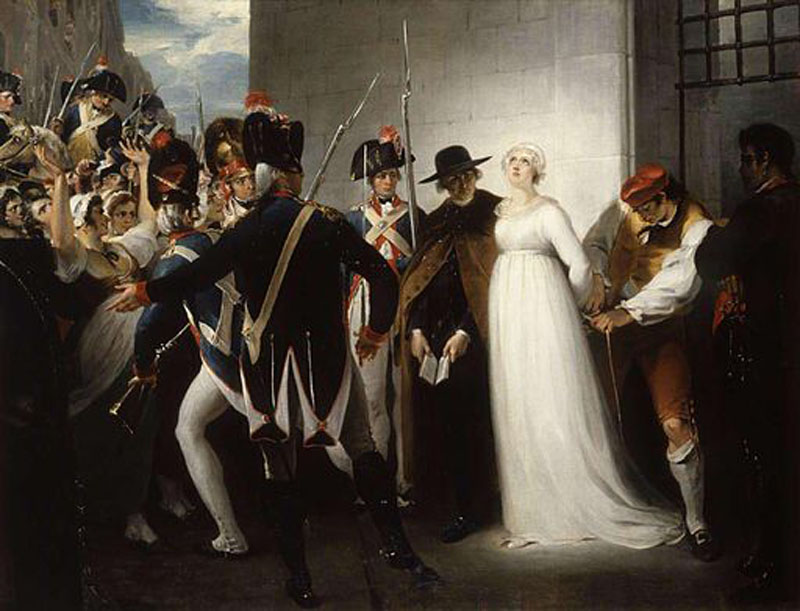
Louis XVI and Marie Antoinette are executed.
English actor William Charles Macready is born.
Charles Kemble makes his debut.
Colman the Elder dies.
William Blake publishes Songs of Experience.
The third Theatre Royal Drury Lane, designed by Henry Holland, opens.
Ann Radcliffe's The Mysteries of Udolpho is published. Perfecting the formula for 'the female gothic', it inspires theatrical pieces.
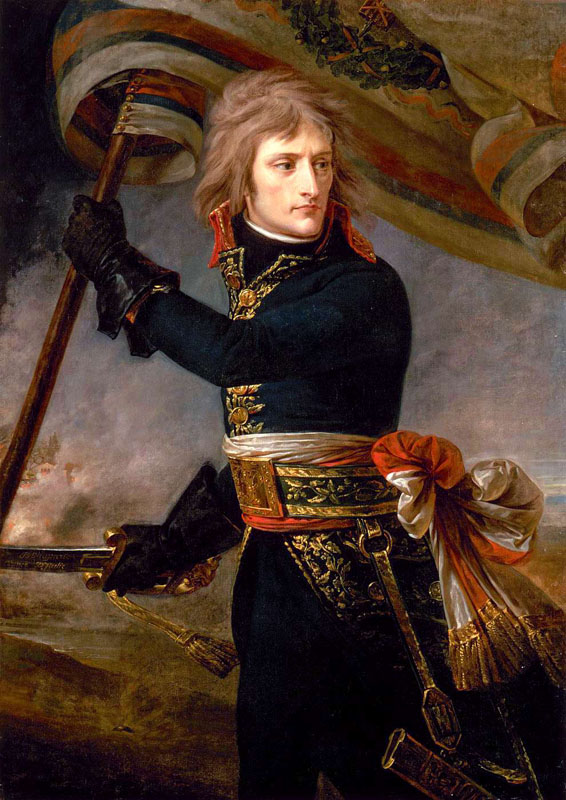
Napoleon Bonaparte enters Italy.
Venice Preserv'd, produced by Kemble and Sheridan, is brought to an early close due to political unrest.
Spain declares war on Great Britain
The Monk, an early gothic novel, is published
John Palmer dies on stage.
Food riots take place in London and the provinces.
Act of Union with Ireland.
The first census of the British population is carried out.
Britain declares war on France, marking the start of the Napoleonic Wars.
John Phillip Kemble becomes manager of Covent Garden.
Glasgow theatre granted a patent.
Theatrical censorship re-established in Paris.
Napoleon crowned Emperor.
English actor and stage-manager Samuel Phelps is born.
George Legg, 3rd Earl of Dartmouth, enters the office of Lord Chamberlain.
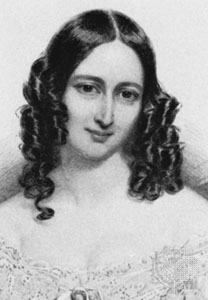
English actress Ellen Tree, later professionally known as Mrs Charles Kean, is born.
Battle of Trafalgar. A British fleet commanded by Vice Admiral Horatio Nelson defeats a French-Spanish fleet off Cape Trafalgar, Spain.
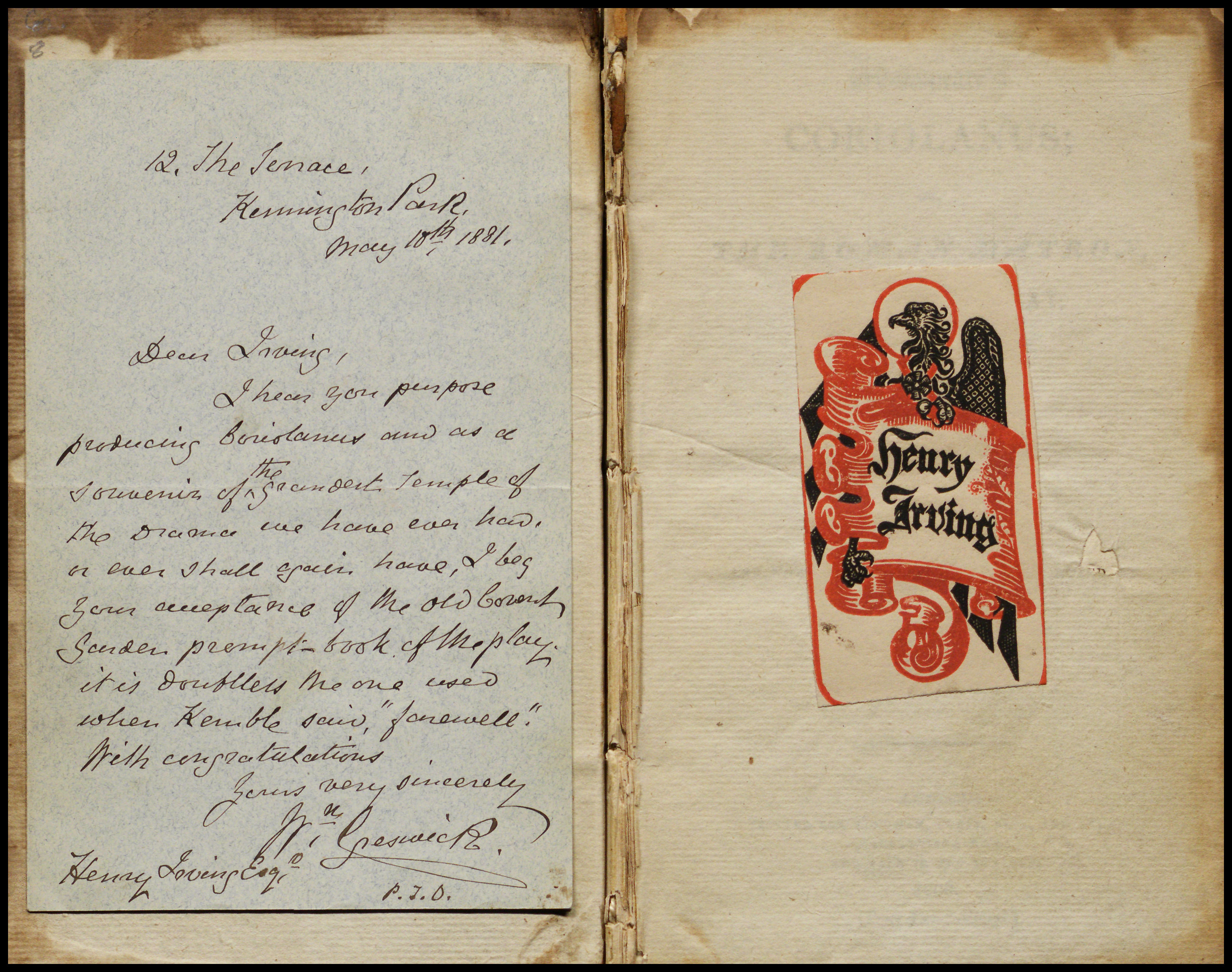
Coriolanus is performed at Covent Garden in London on 3rd November, using John Philip Kemble's famous 1789 script. Henry Irving would later own the prompt book for this production, and would use it for inspiration for his 1901 production with Ellen Terry.
The Adelphi Theatre (Sans Pareil) in The Strand opens on the 17th November 1806.
Well-known American Shakespearean actor Edwin Forrest is born.
Olympic Pavilion opens.
The Holy Roman Empire is dissolved.
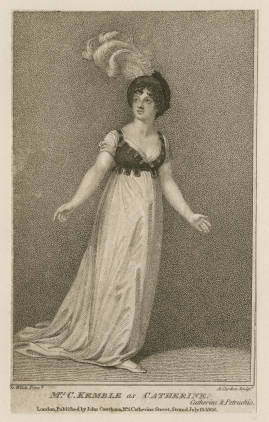
Charles Kemble marries Marie Therese De Camp.
Birmingham Theatre is granted a patent.
Russia declares war on Britain.
The first passenger railway service begins in England.
Covent Garden Theatre is destroyed by a fire.
The Slave Trade Act of 1807 is passed, outlawing the trading of slaves in Britain.
On the 24th February Drury Lane is destroyed by fire after standing only 15 years.
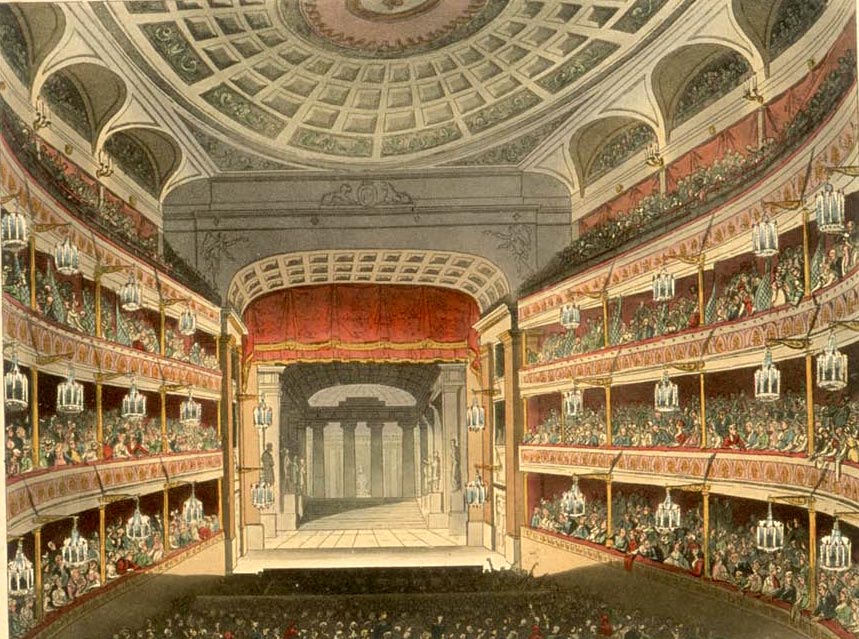
Covent Garden reopens, after being rebuilt following extensive fire damage, with a performance of Macbeth.
Old Price Riots after Covent Garden decided to raise prices from six to seven shillings for boxes and three to four shillings for the pit. After three weeks of continous rioting by audience members, theatre manager John Philip Kemble accepted their demands and offered a public apology on stage.
Actress Fanny Kemble (Frances Anne) is born, daughter of actor Charles Kemble and his wife Marie.
Sir Walter Scott purchases a share in Edinburgh Theatre.
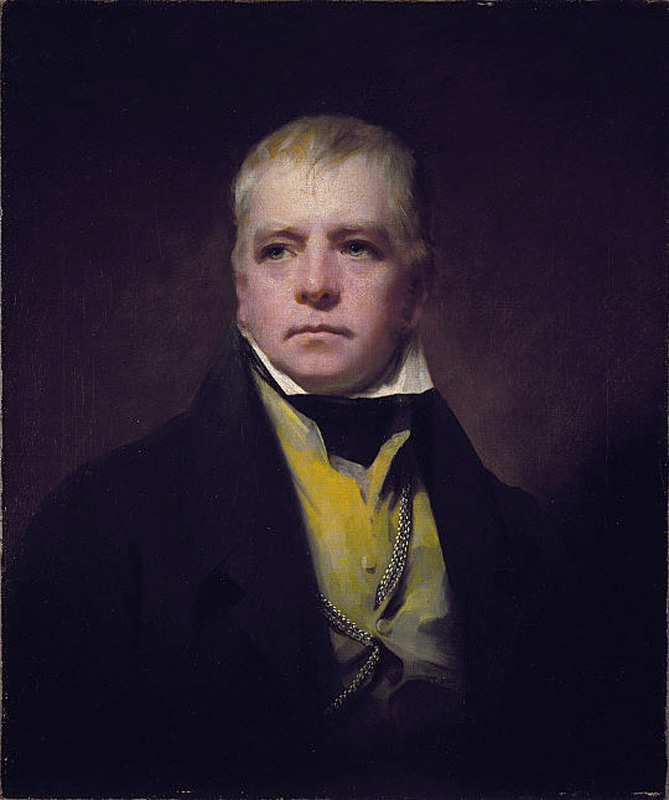
Sir Walter Scott publishes poem Lady of the Lake.
Charles Lamb publishes On the Tragedies of Shakespeare. Lamb argues that Shakespeare should be read rather than acted.
Richard Cumberland dies.
Janes Austen publishes her first novel, Sense and Sensibility. She publishes anonymously under the title "A Lady".
Charles Kean, son of actor Edmund Kean, is born in Waterford, Ireland.
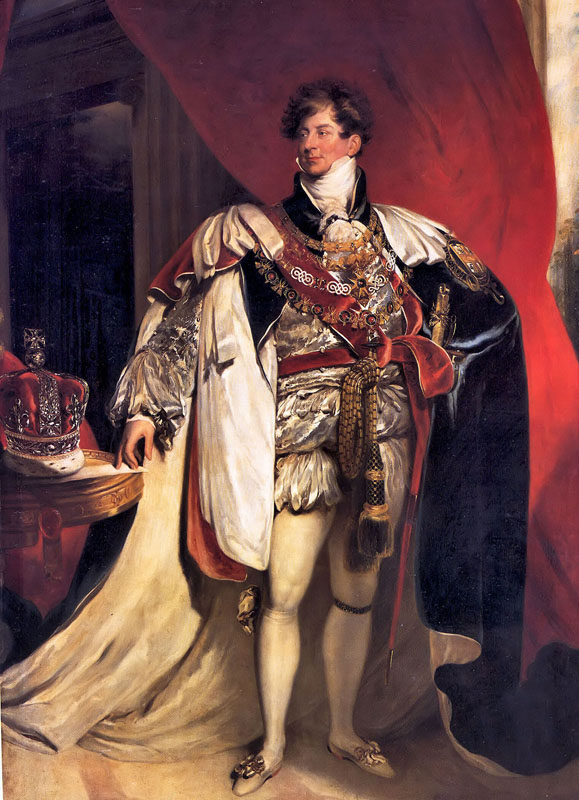
The Prince of Wales is made Regent in consideration of George III's mental health, marking the beginning of the 'Regency' era.
United States declares war on Great Britain.
Francis Ingram-Seymour-Conway, 2nd Marquess of Hertford, enters the office of Lord Chamberlain.
Byron is appointed to the sub-committee at Drury Lane.
Richard Wagner is born. The German composer was unusual in writing both the music and the libretto for his pieces.
Napoleon is exiled to Elba after defeat.
Debut of Edmund Kean as Shakespeare's Shylock at Drury Lane. His performance creates a sensation by transforming the character from comic villain, into a vicious, butcher's-knife wielding monster.
Sir Walter Scott writes Waverly.
Battle of Waterloo.
American actress Charlotte Cushman is born.
Spa Fields riots in London.
Death of Richard Brinsley Sheridan.
On the shores of Lake Geneva, Lord Byron challenges his friends to write a ghost story. The efforts of John Polidori becomes The Vampyre, the first vampire story to be written in English.
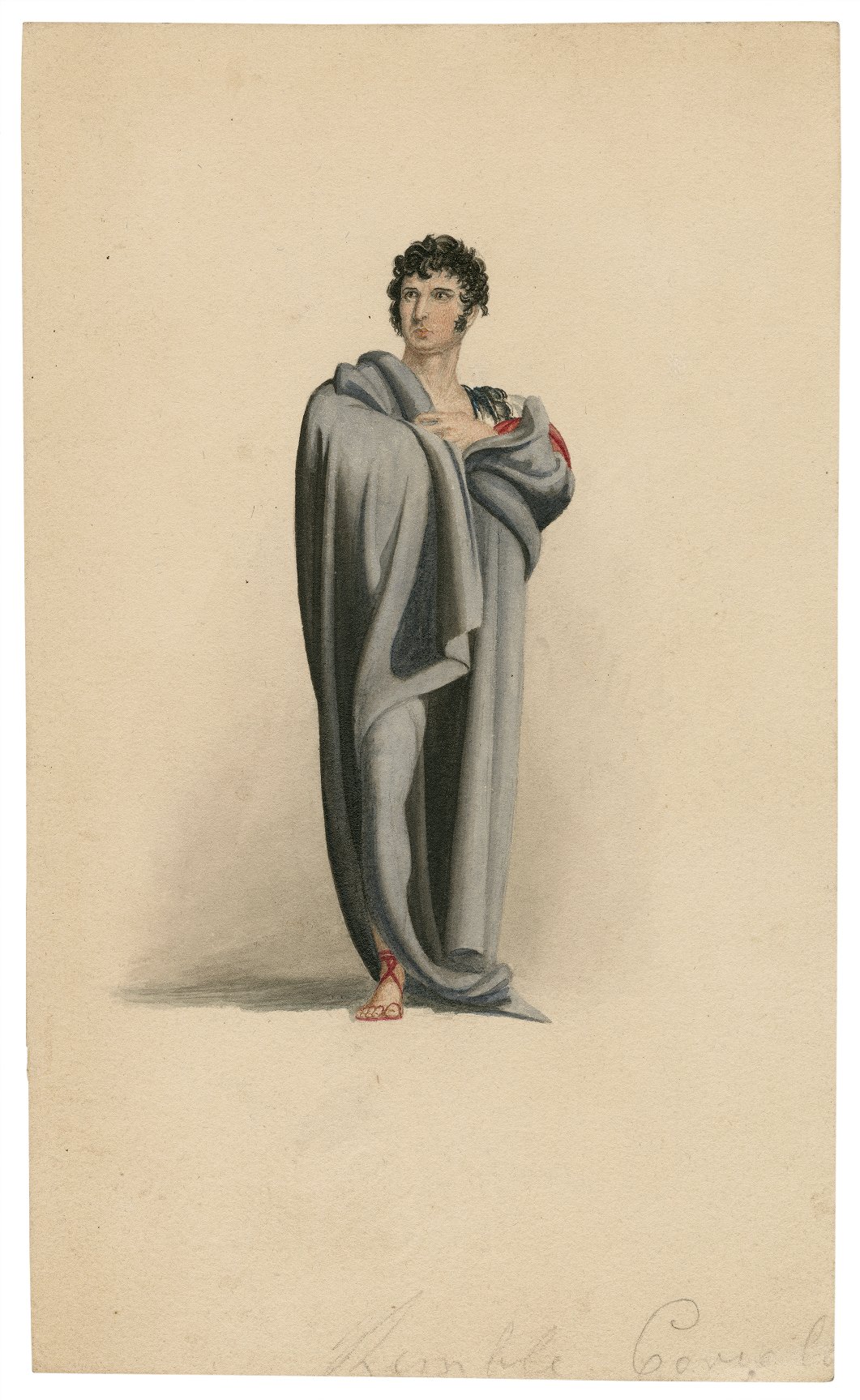
John Phillip Kemble retires from the stage playing Coriolanus for the final time on the 23rd June 1817.
Both Drury Lane and Covent Garden begin to use gas lighting.
Publication of Mary Shelley's Frankenstein.
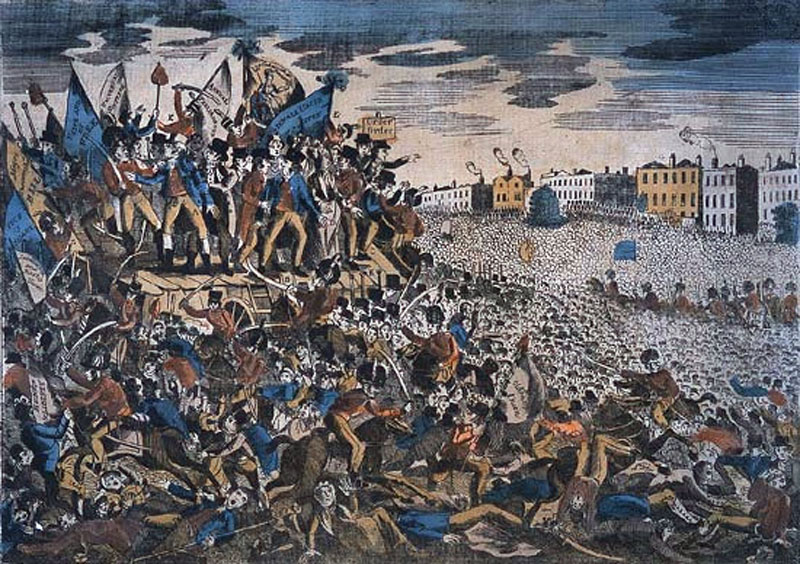
Peterloo Massacre in Manchester. Cavalry charges into a protest calling for parliamentary reform killing an injuring members of the public.
Sans Pareil is renamed the Adelphi Theatre.
Byron's Don Juan is published.
Edwin Forrest makes his acting debut at the Walnut Street Theatre aged 14 years.
Edmund Kean performs in New York.
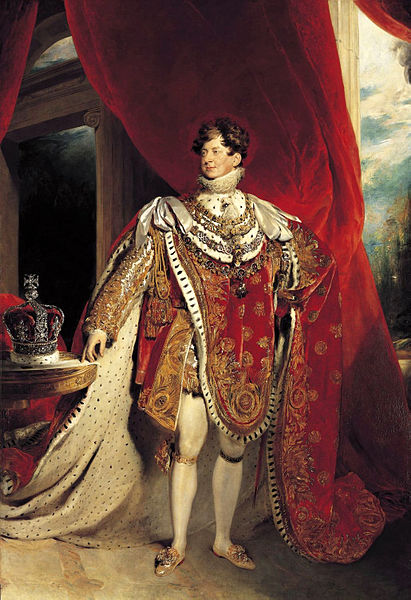
George IV accedes the throne.
The Manchester Guardian is established.
Death of Napoleon.
James Graham, 3rd Duke of Monrose, enters the office of Lord Chamberlain.
The new Haymarket Theatre, redesigned by John Nash, opens with a production of Sheridan's The Rivals.
Percy Bysshe Shelley writes A Defence of Poetry.
The Paris Opera has gas lighting installed.
Charles Kemble revives King John at Covent Garden.
John Phillip Kemble dies.
John Larpent, Examiner of Plays, dies, and his role is taken over by George Colman the Younger.
Charles Kean makes his debut appearance playing Young Norval in a production of Douglas.
Father and son, Edmund and Charles Kean, perform together for the first time in a production of John Howard Payne's Brutus in Glasgow.
Edwin Forrest launches his playwriting contest for aspiring American writers.
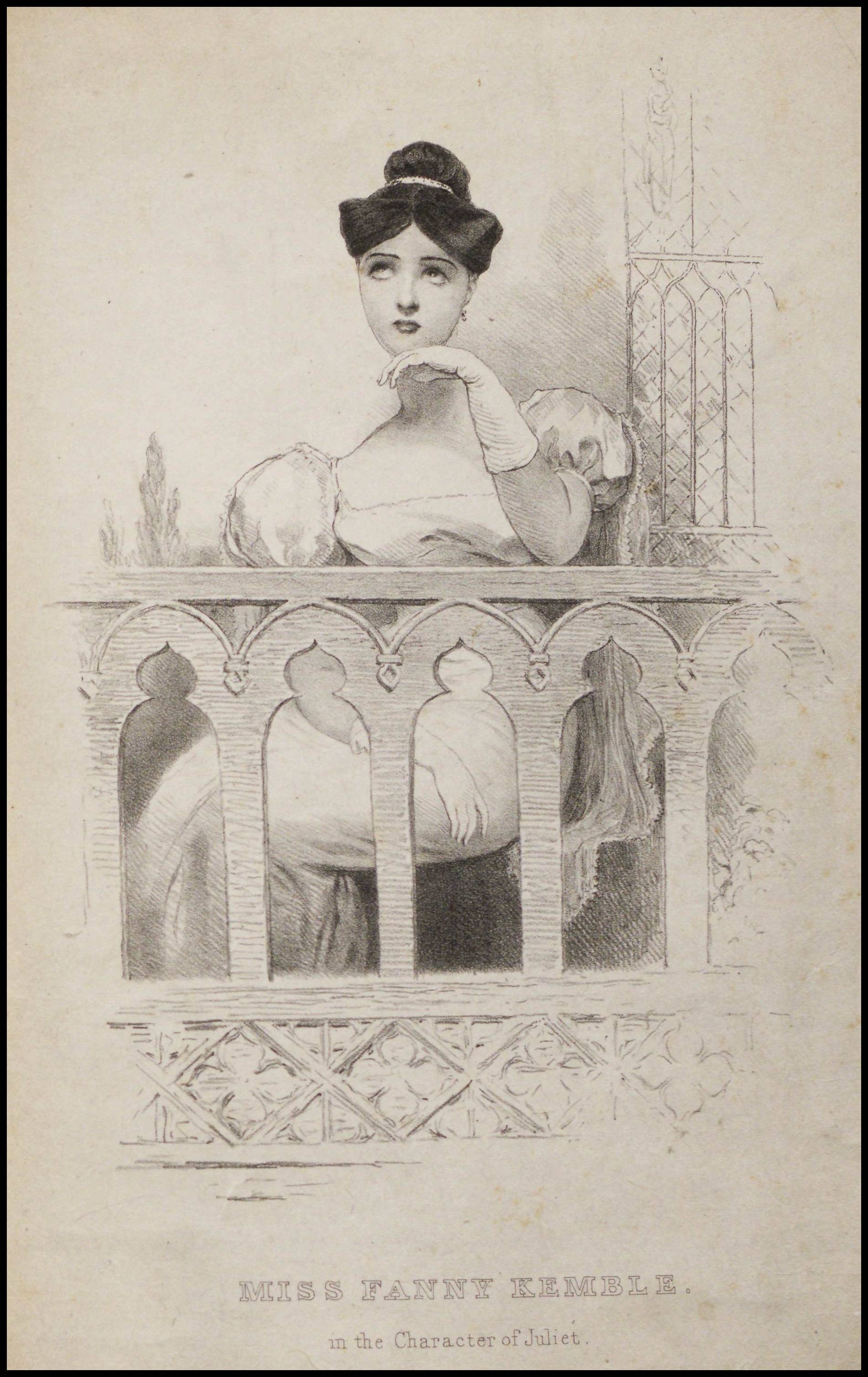
Fanny Kemble plays Juliet for the first time.
Charles Kean makes a successful tour of America.
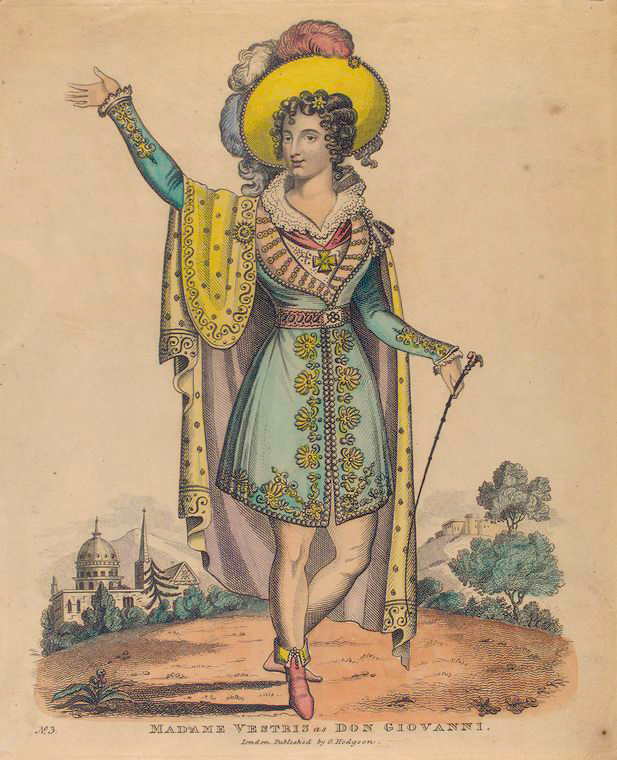
Eliza Vestris becomes the first female actor-manager in London, running the Olympic Theatre.
The Garrick Club is founded in London on the 17th August 1831 at a meeting held at the Drury Lane Theatre. The purpose of the Club was to "tend to the regeneration of the Drama" and to be a place where "actors and men of refinement could meet on equal terms".
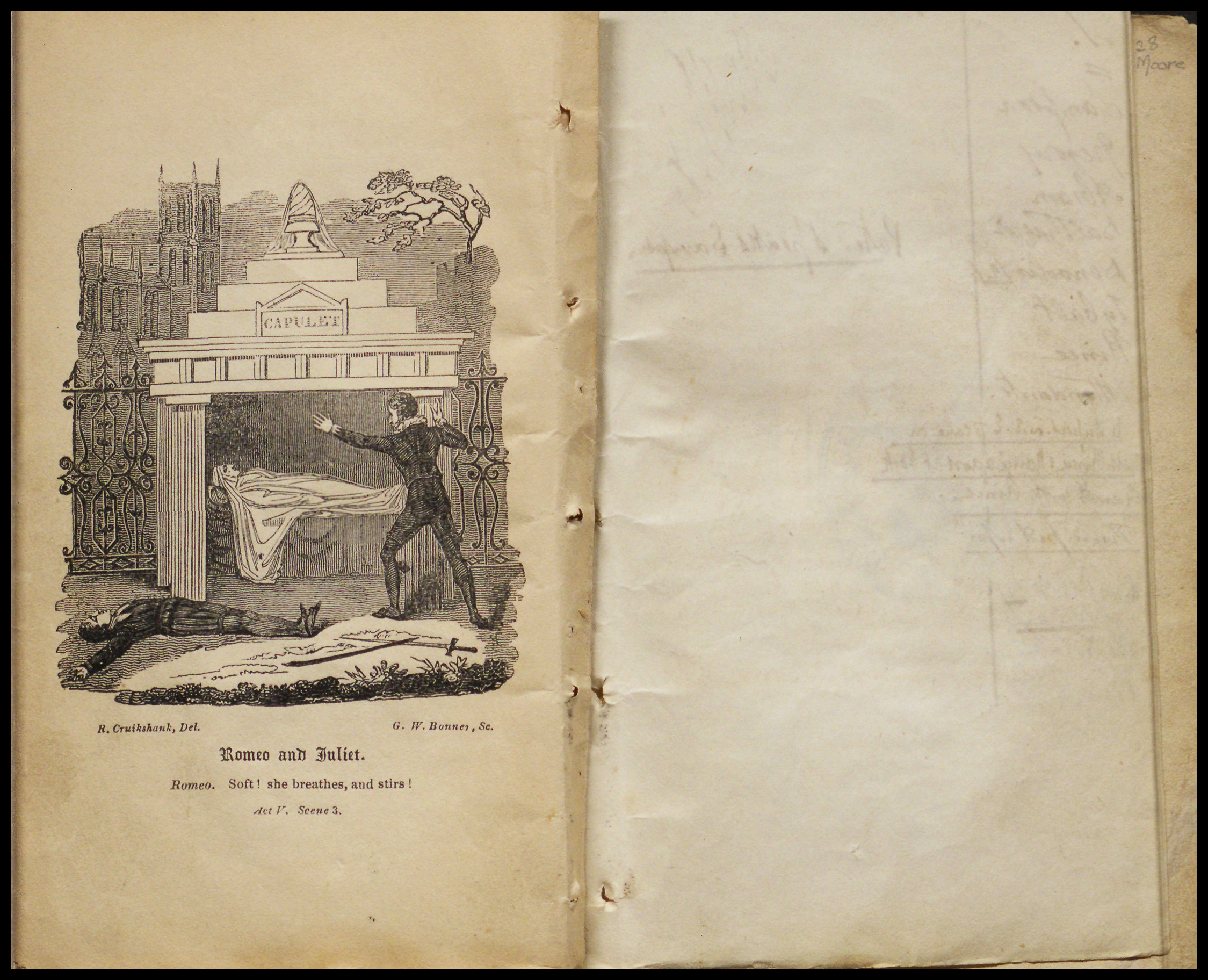
Fanny Kemble tours America with her father Charles Kemble.
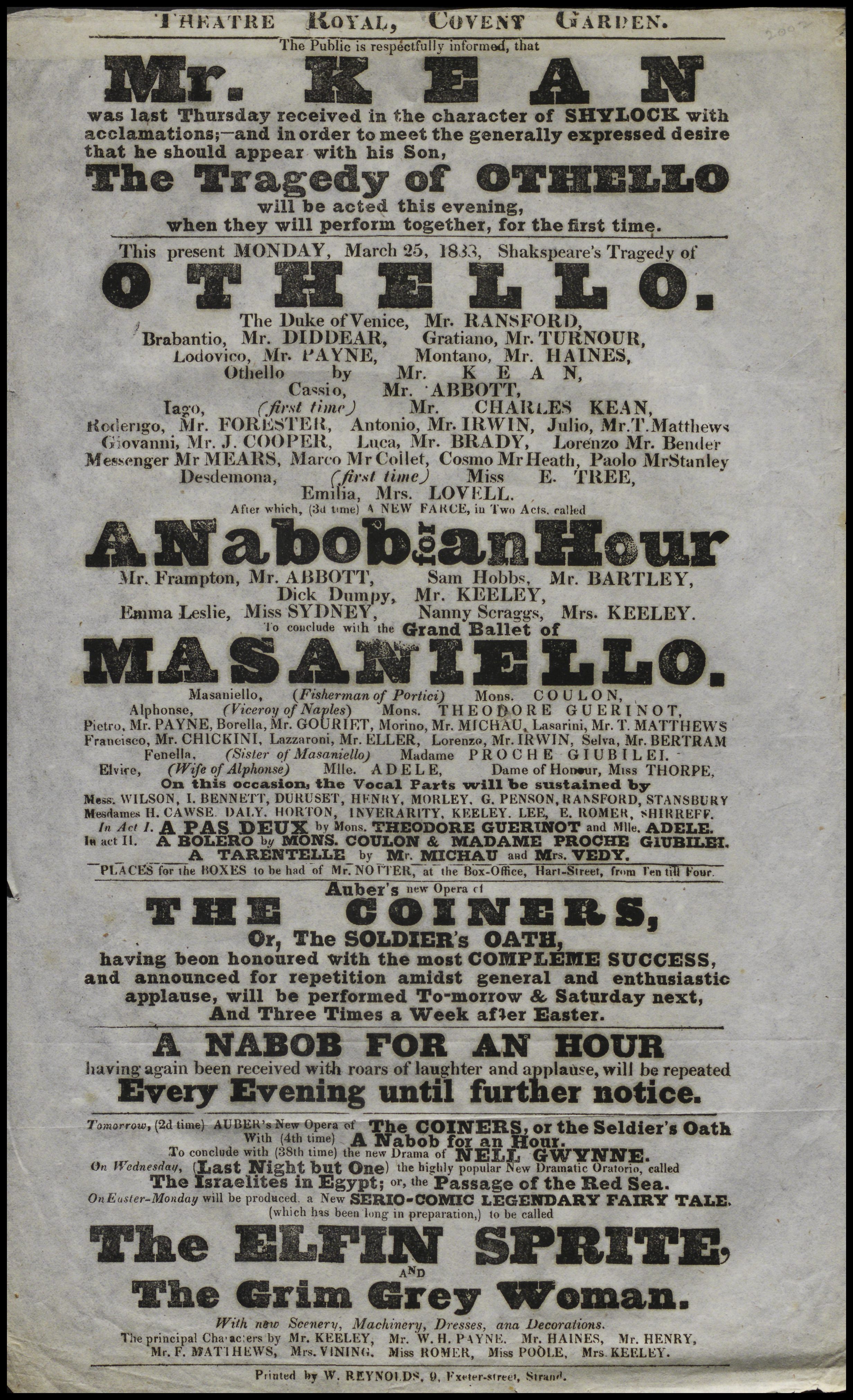
On 25th March 1833, Edmund Kean makes his last stage performance, appearing at Covent Garden, where he plays Othello, while his son Charles Kean plays Iago. Edmund collapses on stage during the performance.
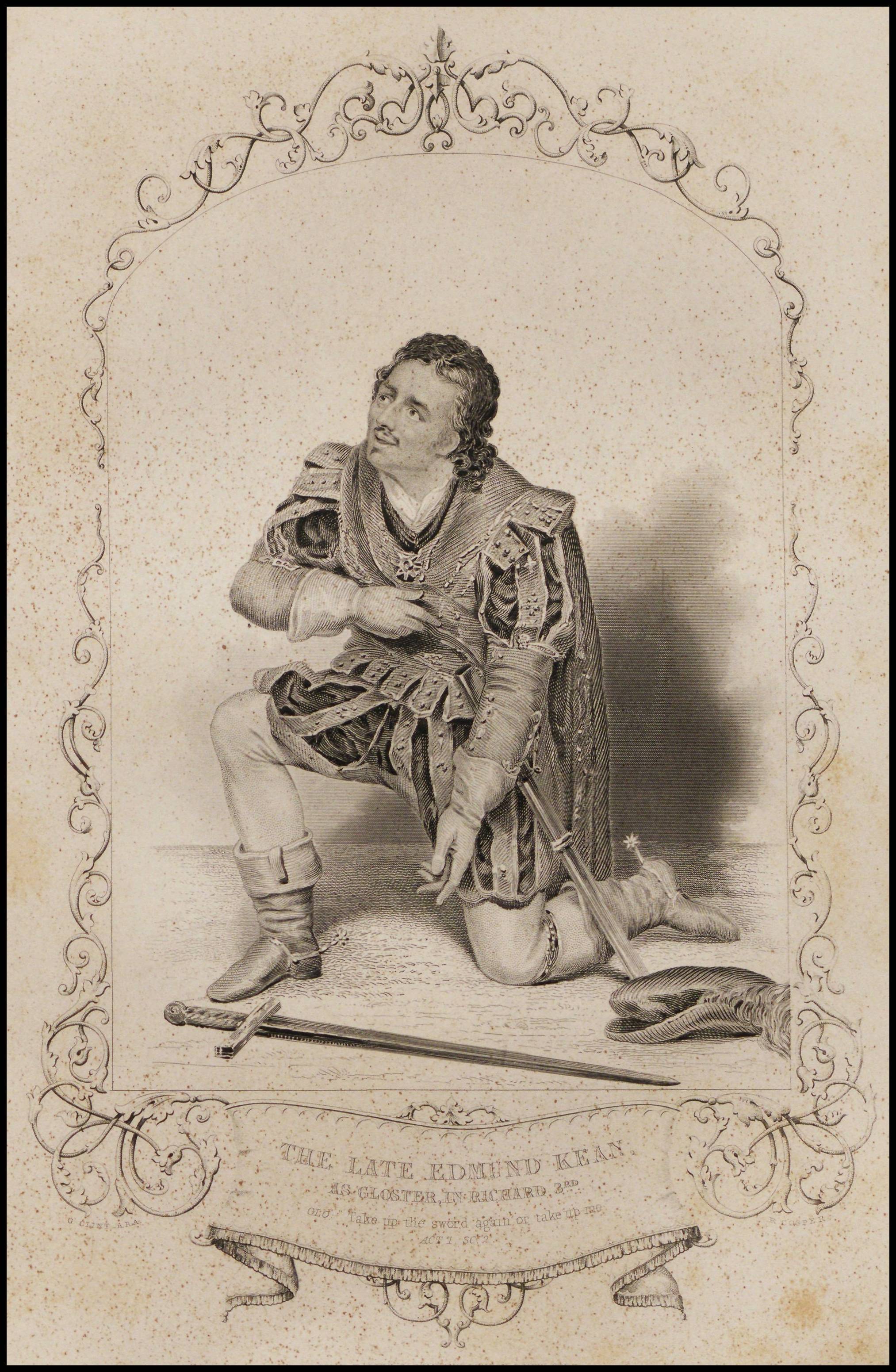
Edmund Kean dies in Richmond following a successful stage career which was marred by his dependency on stimulants that gradually affected his ability to perform.
American stage actor Edwin Booth is born in Maryland.
William Charles Macready is responsible for reverting productions of King Lear back to Shakespeare's original text, following 150 years of performances which favoured Nahum Tate's version, The History or King Lear, which concluded the tragic ending into a happy one.
Edwin Forrest arrives in London and performs the part of Spartacus in The Gladiator at Drury Lane.
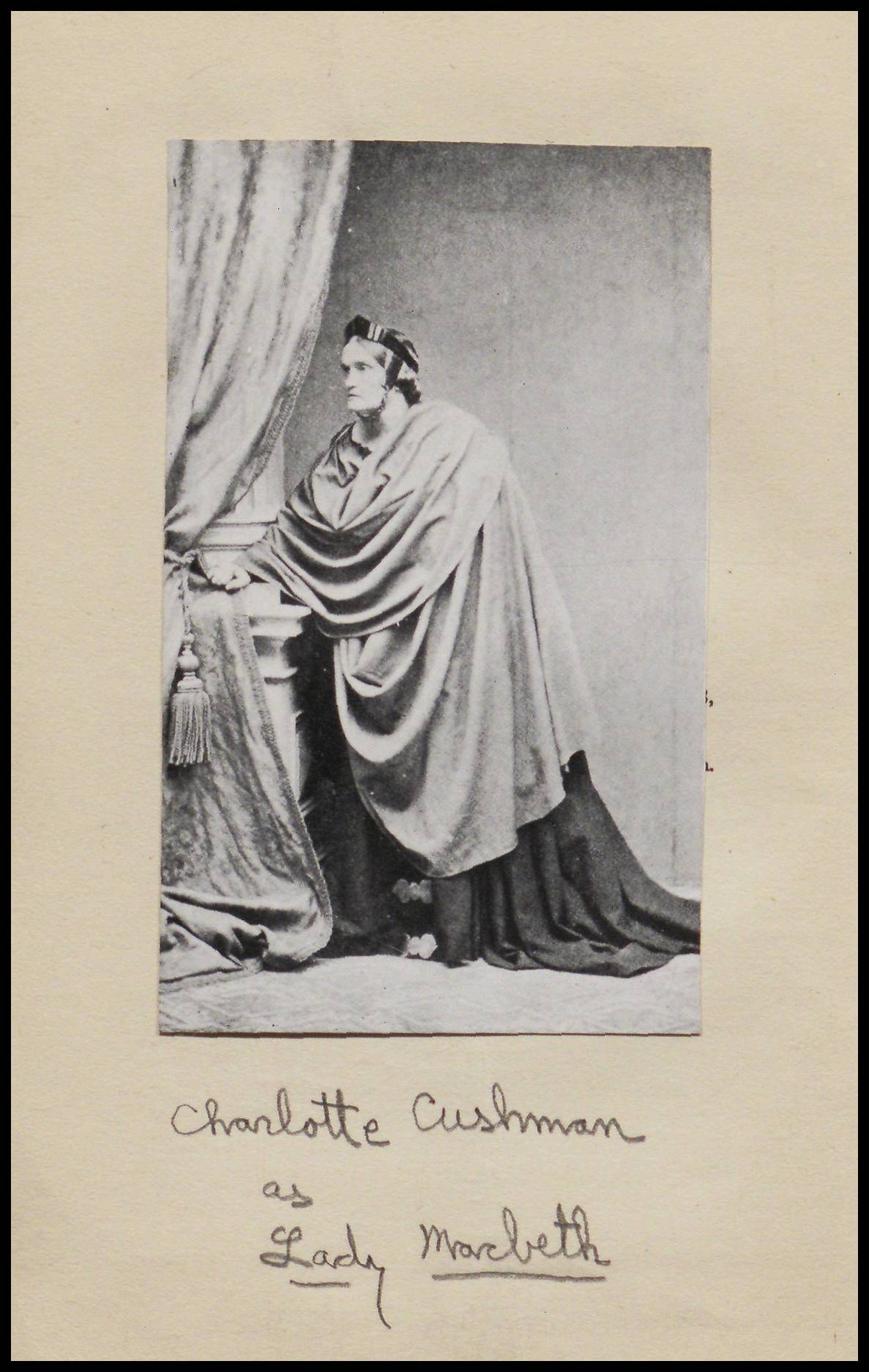
At the age of eighteen, Charlotte Cushman appears as Lady Macbeth at the Tremont Theatre in Boston.
American author and dramatic critic William Winter is born in Gloucester, Mass.
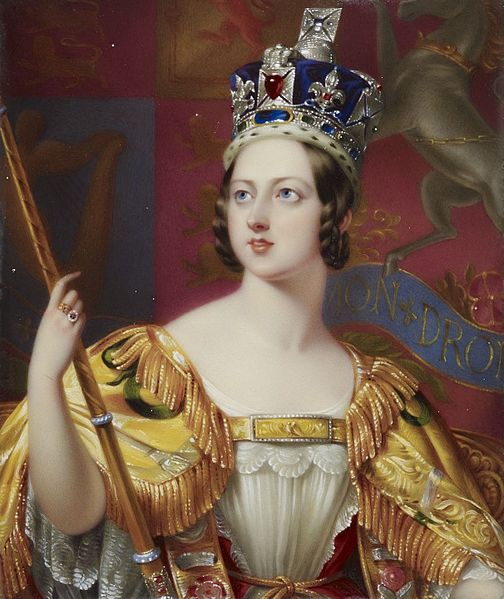
Queen Victoria ascends the throne of the United Kingdom of Great Britain and Ireland.
The Walnut Street Theatre in Boston installs gas footlights.
Samuel Phelps makes his stage debut at the Haymarket Theatre in London playing Shylock.
American dramatist and theatrical manager (John) Augustin Daly is born.
On the 10th June William Charles Macready gives a memorable performance of Henry V.
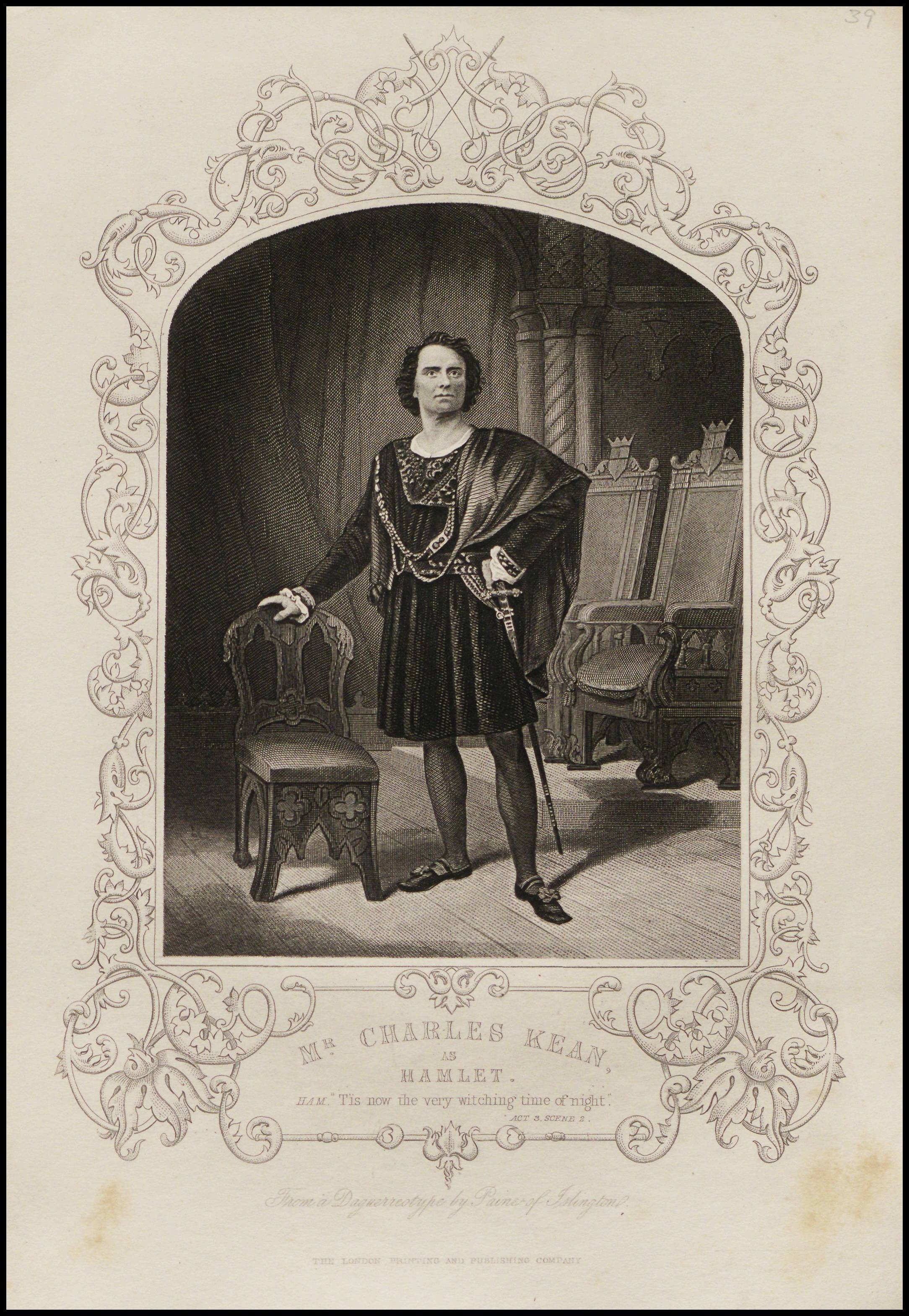
In January, Charles Kean plays Hamlet at Drury Lane.
English stage actor and actor-manager Henry Irving (J.H. Irving) is born.
Charlotte Cushman stars as Nancy in Charles Dickens' Oliver Twist.
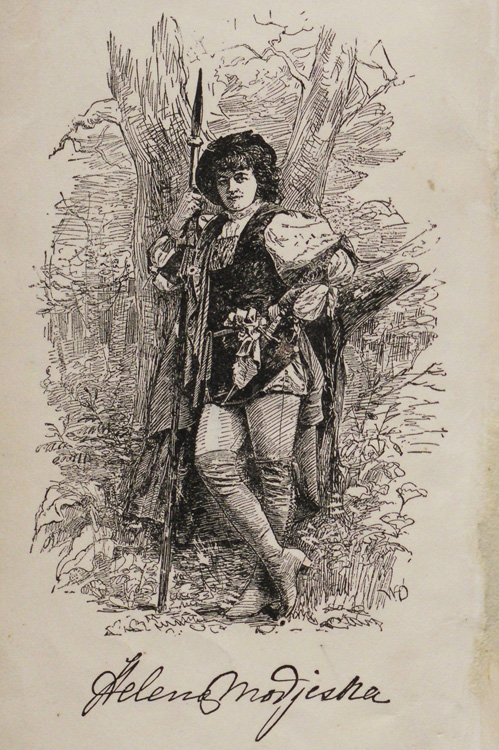
Polish actress Helena Modjeska is born.
William Charles Macready's debut production as manager of Drury Lane, The Merchant of Venice, opens on 27th December.
William Charles Macready's production of Othello is performed at Drury Lane in London on 23rd May.
Charles Kean and Ellen Tree marry.
The Theatres Act of 1843 is passed, also known as the Theatre Regulation Act. This Act restricted the powers of the Lord Chamberlain to prohibit the performances of plays.
William Charles Macready stars alongside Charlotte Cushman in productions of Macbeth in Philadelphia and New York.
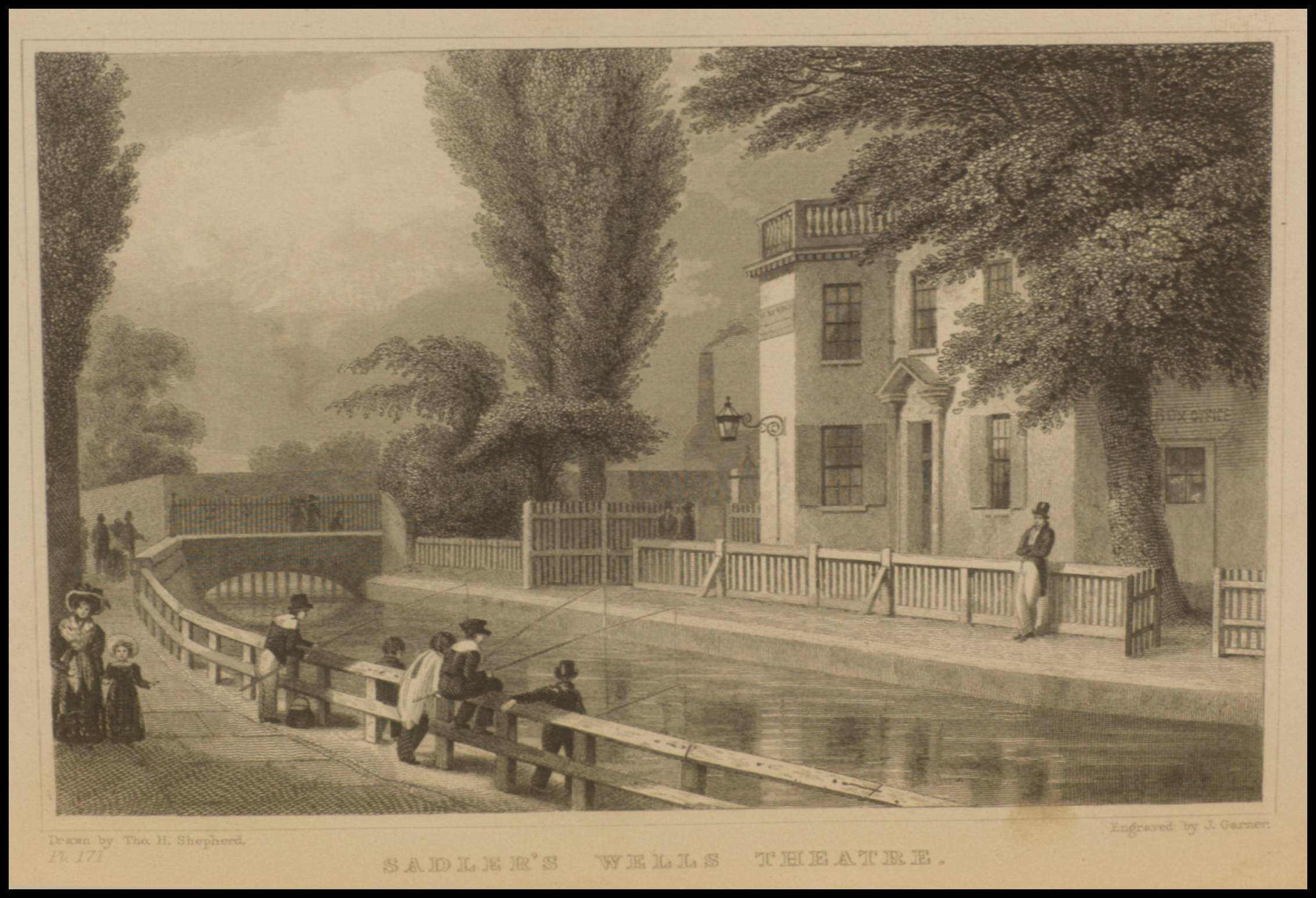
Samuel Phelps becomes the actor-manager at Sadler's Wells Theatre. Due to the easing of restrictions bought about by the passing of the Theatre's Act (1843), Phelps is able to put on several Shakespeare productions at the theatre for the first time.
Samuel Phelps puts on a production of Macbeth at Sadler's Wells Theatre using the original text from the First Folio.
Charlotte Cushman stars opposite Edwin Forrest as Bianca in a production of Henry Milman's Fazio in London.
Charles Kean and his wife (actress Ellen Tree) tour America.
Samuel Phelps performs as King Lear, in the first performance that kept true to Shakespeare's tragic ending to be seen by audiences since the 1660s.
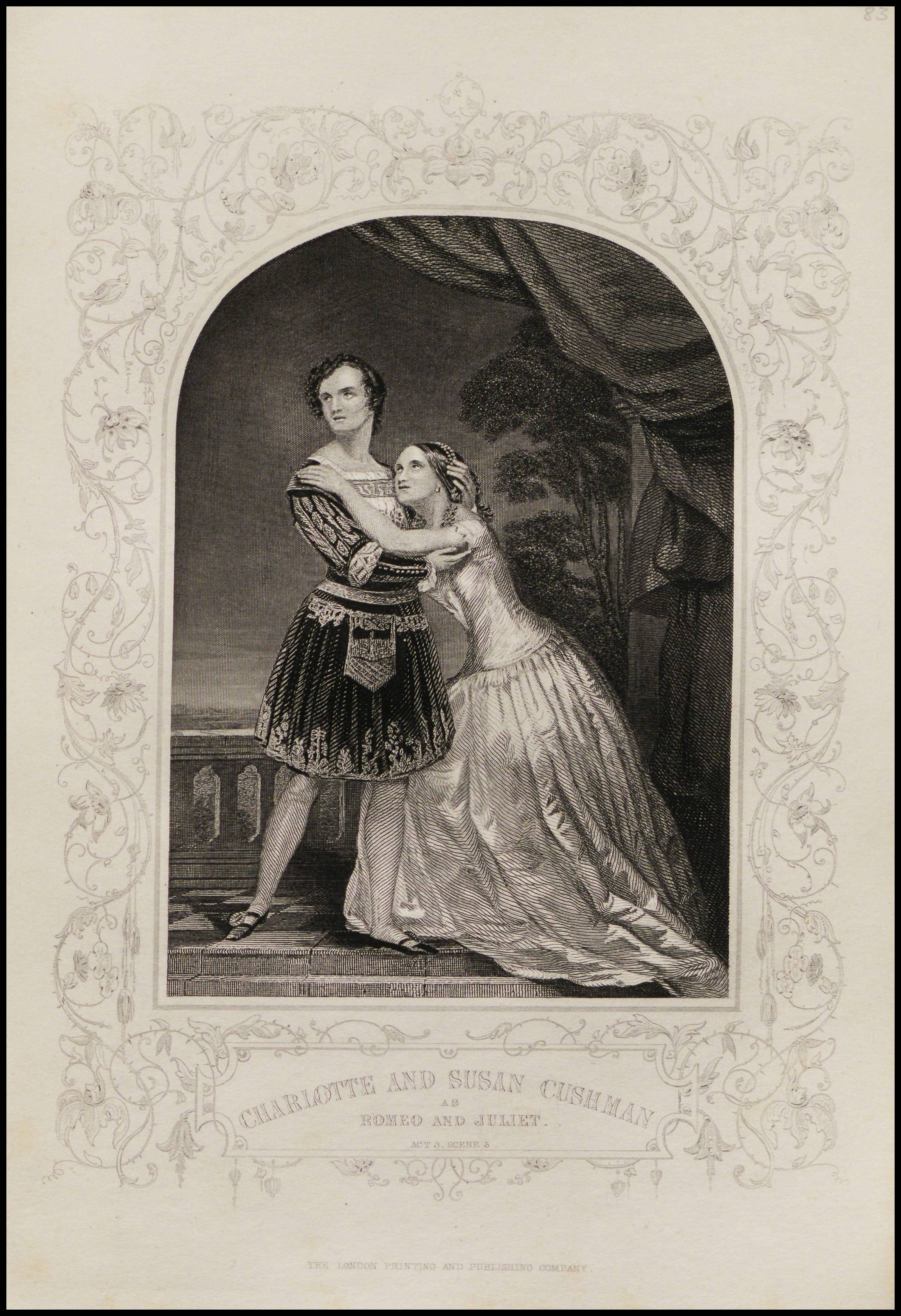
Charlotte Cushman plays Romeo opposite her sister Susan's Juliet at the Theatre Royal in Nottingham.
Actress Ellen Terry (Dame Alice Ellen Terry) is born.
On the 10 September Edwin Booth, aged just 13, makes his stage debut at the Boston Museum. He takes on the role of Tressel in a production of Richard III that sees his father playing the lead.
Samuel Phelps puts on a production of Anthony and Cleopatra at Sadler's Wells Theatre using the original text from the First Folio.
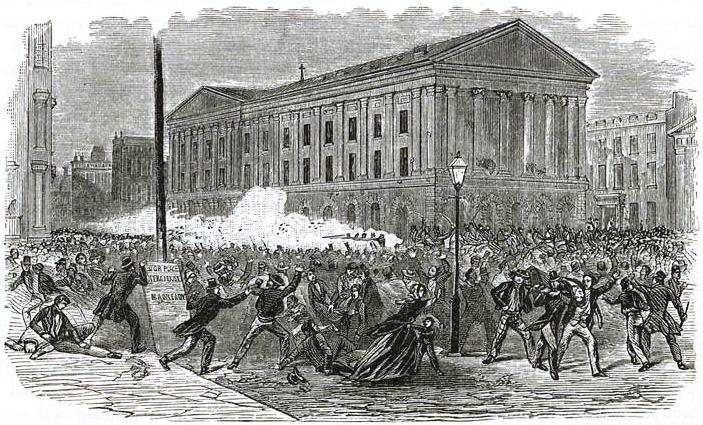
On 10th May the Astor Place Riot breaks out at the Astor Opera House in New York. The civic disturbance, part of a run of similar events in the city, saw immigrants fighting against native New Yorkers and both groups rising up against the upper classes. However, the dispute was originally born out of the well-known theatrical rivalry between American actor Edwin Forrest and British actor William Charles Macready, who were both convinced they were the better actor of Shakespeare's major roles.
Charles Kean becomes the manager at Princess's Theatre, London.